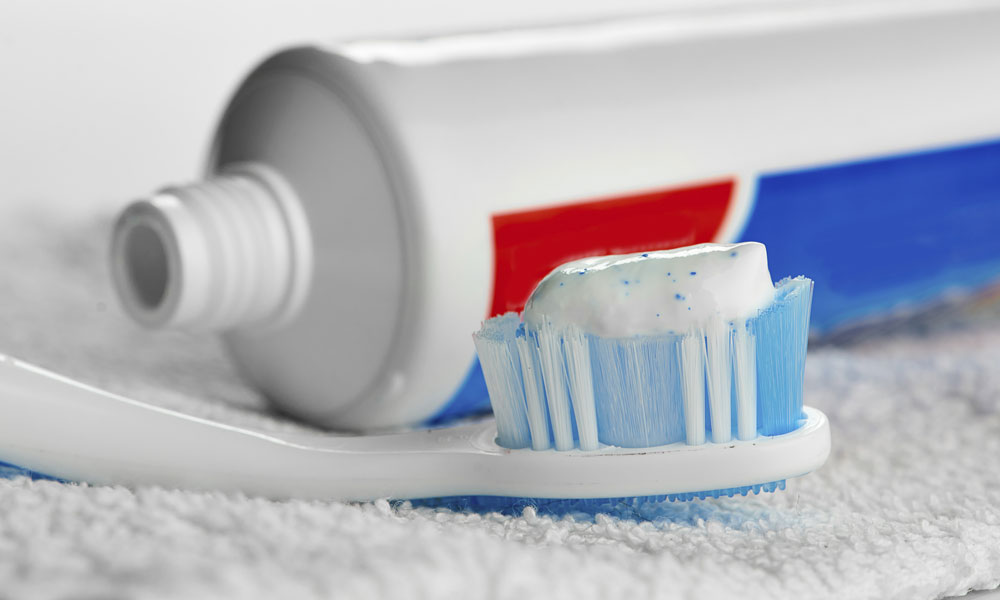
Much Ado about Microbeads: Plastic Specks in Toothpaste Raise Controversy
Consumer outcry over the potential health effects of microbeads in toothpaste has led a major brand to remove them from its products, though the American Dental Association still gives the tiny exfoliating particles its OK. But environmentalists say they pose a different kind of hazard.
Home products giant Procter & Gamble recently found itself on the losing side of a controversy over tiny plastic beads.
After complaints surfaced about the polyethylene microbeads used in its Crest brand toothpastes, the company ultimately gave in to consumer pressure to leave the exfoliating particles out of its products.
“While the ingredient in question is completely safe, approved for use in foods by the FDA, and part of an enjoyable brushing experience for millions of consumers with no issues, we understand there is a growing preference for us to remove this ingredient,” states a September FAQ post on a Crest informational website. “So we will.”
In the nonprofit world, there’s a push against microbeads—but not for health reasons. More details:
A health danger? Dental association says no: Procter & Gamble’s about-face on microbeads was in part due to the response to a dental blog item. In a March DentalBuzz piece, dental hygienist Trish Walraven expressed concern about the potential health effects of the tiny specks on patients’ gums. However, the American Dental Association says that toothpastes containing microbeads that got its Seal of Acceptance still have it. “If the council’s evaluation determines sufficient scientific evidence exists that an ADA Seal-Accepted product poses a health risk, the council has the authority to withdraw the Seal from that product,” the association said in a recent statement, referring to its Council on Scientific Affairs, which evaluates product safety. “At this time, clinically relevant dental health studies do not indicate that the Seal should be removed from toothpastes that contain polyethylene microbeads.”
An environmental danger? Nonprofits say yes: Meanwhile, environmental groups are worried about microbeads for a different reason. The 5 Gyres Institute, which seeks to reduce plastic pollution in the world’s oceans, has taken a strong stance against the exfoliants, which are also used in facial cleansers. “These tiny plastic beads are washed directly down the drain and into our water systems, where they harm our waterways and the animals that live there,” the group says on its website. “We think this is one of the most egregious sources of plastic pollution and need your help to ban these products from commerce completely.” Speaking to The Los Angeles Times, Environmental Working Group Senior Scientist David Andrews noted that the the material degrades very slowly and may seem like food to birds and fish, “which people may eat.”
Crest is only the latest brand to drop microbeads. In recent years, Unilever, the Body Shop, and Johnson & Johnson have removed them from their products, spurred in part by 5 Gyres campaigns.
(iStock/Thinkstock)






Comments